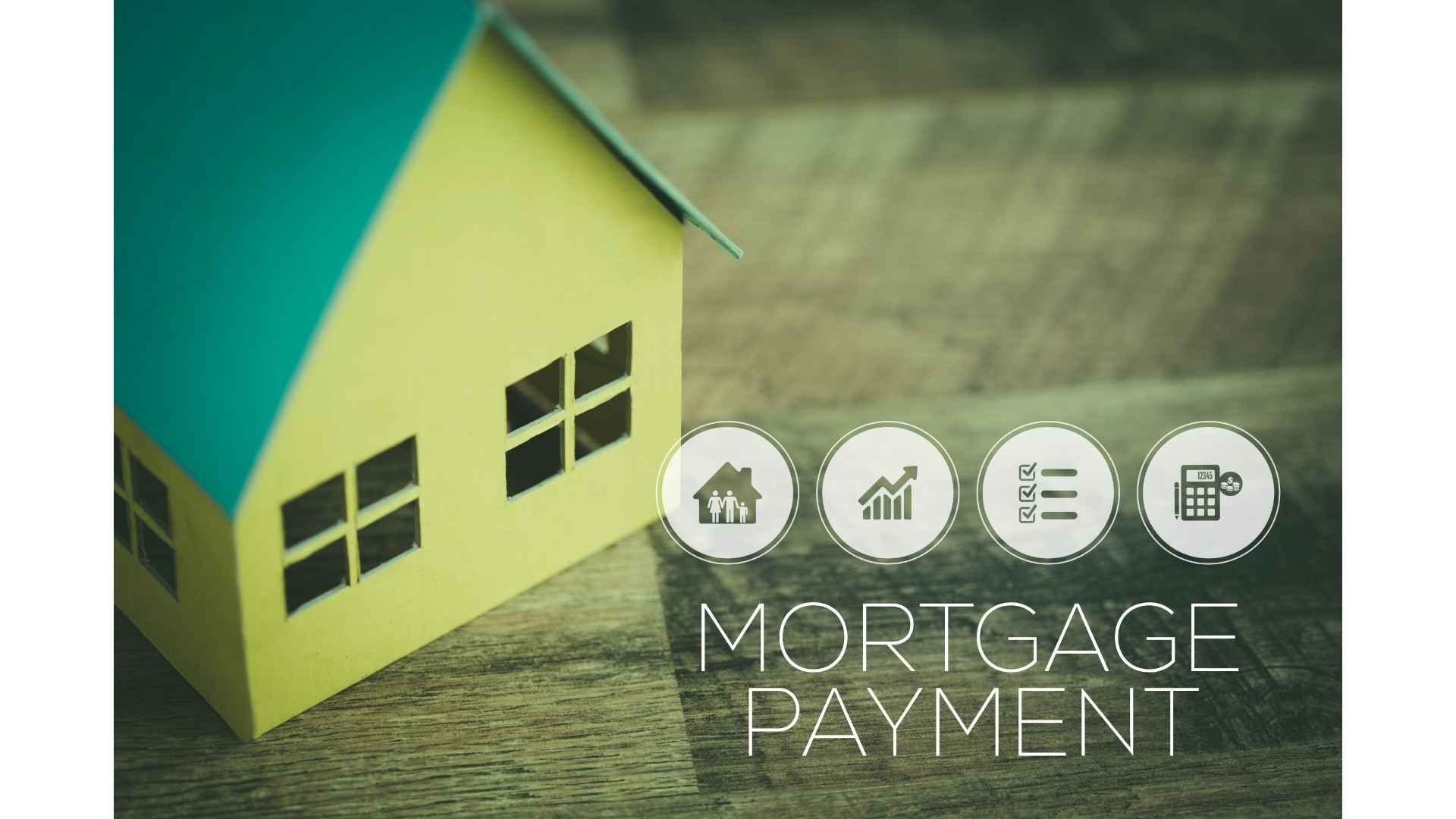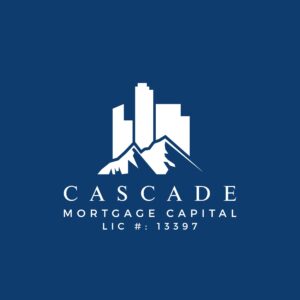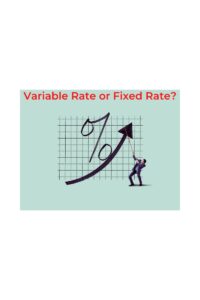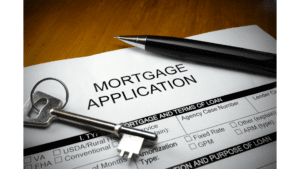Your mortgage payment is made up of two main parts: the principal, and interest. Combined it is the money you provide to your lender every month to pay off that amount you borrowed to buy your home.
In the beginning stage of your mortgage, lenders usually allocate more of the monthly payment to paying interest. The remainder is distributed to pay down the principal balance. Basically, the loan will start with a low contribution of the monthly payment towards the principal amount and the majority towards the interest portion, this will gradually start to balance off and inverse as the outstanding mortgage is paid off over time.
Key Points
- Your monthly mortgage payments are made up of interest and principal. Early on in the life of your mortgage, you’ll pay more interest than you will for the debt you’re paying off with the payment.
- When you’re firming up your mortgage, it’s important to take into account when you want to make your monthly payments. Depending on the frequency of these, it can slow or speed up the time it takes to pay off your mortgage.
- When thinking about the total cost of homeownership, there are many factors that you need to take into account in addition to the mortgage payment. These additional considerations should also be considered when drawing up a budget. If you have less than 20% down payment, a CMHC fee will be tacked onto your total mortgage.
Types of Mortgage Payment
You might be able to make extra payments at any time in your mortgage. This is not only a helpful way of paying it off faster but will also ultimately save you money.
One of the main differences between open and closed mortgages is that open mortgages allow the borrower to make pre-authorized payments or pay off their mortgage before the date of maturity. Meanwhile, closed mortgages are designed to be paid off on a specific date, regardless of whether you have the money in your account or not.
A big mistake that many borrowers make when applying for a loan is not knowing their limits. This can be a problem if the borrower does not know what their credit score is, or how much debt they have in relation to their income. This is where our platform comes in. Our platform will analyze the borrower’s credit and income to help them determine which type of loan they should get based on their specific needs.
Frequency of Mortgage payments
When finalizing your mortgage, you’ll need to decide how often you want to make your payments. Options include, Weekly, Semi-Monthly, Accelerated Bi-Weekly, and Monthly payments.
- Weekly: Payments are made once a week. There are a total of 52 payments/year.
- Semi-Monthly: Payments mean that the borrower pays two monthly payments per month and a total of 24 payments/year.
- Accelerated Bi-Weekly: Payments are made every two weeks. Many people select this option based on the convenience of having payments coincide with employer pay periods. There are a total of 26 payments/year.
- Monthly: Payments are made monthly and usually occur on a day of your choice. There are a total of 12 payments/year.
When deciding the frequency at which you’d like to make payments, think about your other expenses and commitments. There are advantages with sticking to one frequency but which one is best for you will depend on your financial situation. Higher frequency of mortgage payments can have a positive impact on reducing the amortization of the loan.
Amortization
An amortization period refers to the length of time it takes to pay off a mortgage in full. Generally, longer amortization periods mean lower monthly payments. However, the trade-off is that the interest you’ll accrue will also be higher because of the extended term of your mortgage. The typical amortization periods for a purchase are 25, and 30 years.
Understanding Your Mortgage Payment
The mortgage payment is determined by a number of factors, including your loan amount and the term of your loan.
- Amount: Your mortgage is calculated by subtracting your down payment from the price of the house plus any mortgage insurance fees, if applicable. The more you borrow, the higher your monthly mortgage payment will be.
- Amortization: If you have a longer amortization period, you’ll have lower monthly payments but will have to pay more in interest over the life of your mortgage. With a shorter amortization period, you’ll pay off your mortgage quicker and with more expensive monthly payments over time.
- Frequency: How often you pay each of your payments affects the size of the payment itself. A monthly payment will be higher than a weekly payment, while the opposite may be true depending on how much you are paying off. The number of payments you make also affects your interest expense, since it’s lower as you have less remaining balance owed.
- Rate: This is how much interest your mortgage will charge. The higher the interest rate, the more money you’ll have to pay back each month. A fixed-rate mortgage will give you a set monthly payment while a variable rate can change over time – it would depend on the interest rate market and your circumstances.
Cascade Mortgage Capital’s online Mortgage Payment Calculator can help you work out how much outstanding monthly payments there will be for different sums of money.
Other Monthly Costs
Calculating the true overall cost of homeownership can be a tough task, but there are many things to understand before signing away your house rights. Pay attention to closing costs and other incidental fees.
Here’s a list of expenses that you might incur while taking on homeownership:
- Mortgage default insurance (down payment less than 20%)
- Home insurance (fire, damage, theft, etc.)
- General maintenance (repairs, snow removal, landscaping)
- Property taxes
- Condo fees (if applicable)
- Utilities (hydro, water)
- Internet, cable, mobile phone
When you take out a mortgage to buy a house, you start paying what’s called an “interest” on it. Remember that each payment you make is building equity in the house and making the overall mortgage payments lower for you. Call our licensed mortgage agents at Cascade Mortgage Capital for any questions you have regarding your mortgage payment.
